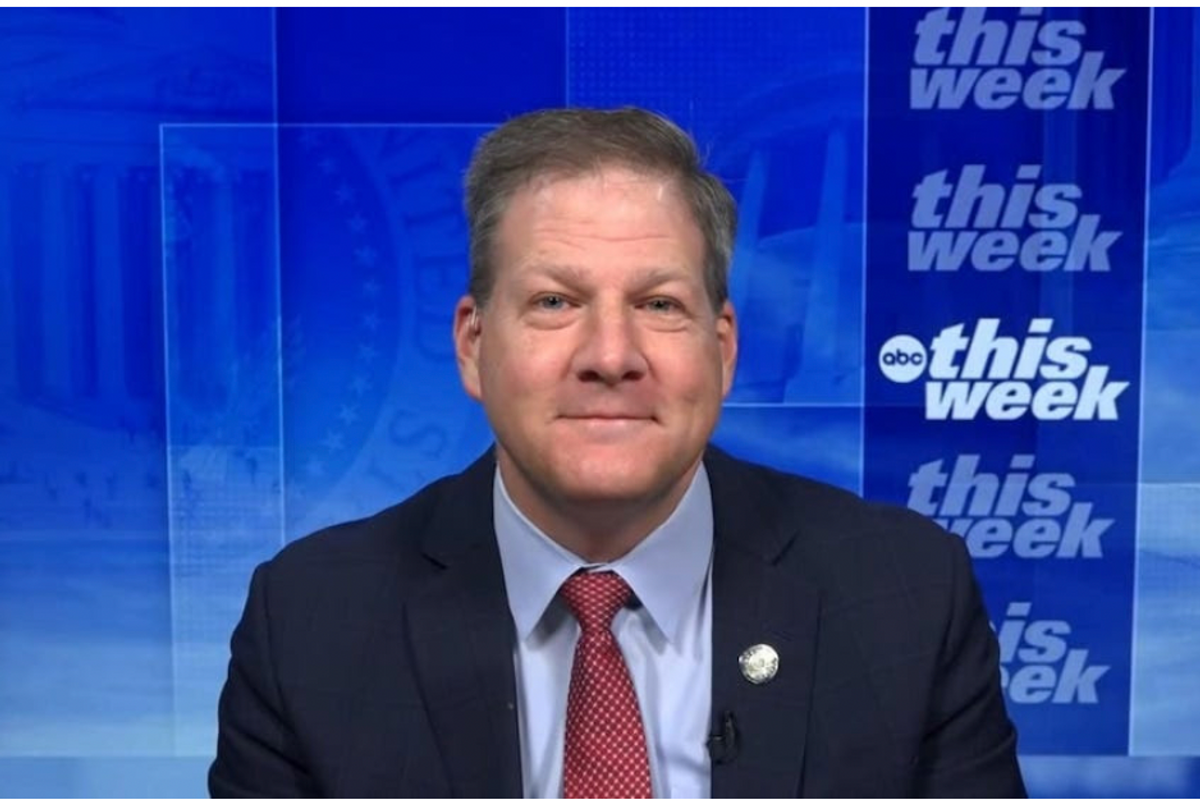After the strike on part of its embassy in Damascus on April 2, Iran announced that it would retaliate against Israel. Tonight, that retaliation began at just before 2 a.m. Israeli time, as Iran launched what appears to be a sustained missile attack on Jerusalem. CNN and MSNBC are showing images of multiple explosions in the skies over Jerusalem. It’s hard to make out what’s happening, but it looks like Israel’s Iron Dome anti-missile defense system is hitting multiple Iranian missiles, causing showers of missile shrapnel, some of it on fire, to cascade down on Jerusalem and the surrounding area.
Israel has scrambled its fighter jets, which are circling above Jerusalem and Tel Aviv, and some of the fighters appear to be engaging Iranian targets, which could include Iranian cruise missiles flying at relatively low altitude and Iranian ballistic missiles arcing down from high altitudes. Air raid sirens have sounded all over the Jerusalem area sending Israelis into air raid shelters.
Iran announced earlier that they have also launched a drone attack on Israel. Drones fly much slower than cruise and ballistic missiles, so they are not expected to reach Israeli airspace until later. The United States has announced that our military forces have shot down some of the Iranian drones, probably from U.S. military sites in northern Iraq, Syria, and Jordan. It is about 1,000 miles from the areas of western Iran where its missile bases may be located to eastern Israel, such as Jerusalem.
Israel just announced that Iran launched more than 200 missiles of various kinds at Israel. Iran has apparently launched its missiles in a coordinated fashion, so that they arrived in Israel airspace in a swarm. It takes about two hours for a cruise missile to travel from Iran to Israel, but only 12 minutes for a ballistic missile to fly the same distance. From what I could see on CNN, it appeared that Iran had succeeded in achieving its aims of swarming Israel’s Iron Dome air defense. Israel has not announced how many Iranian missiles got through its defenses, but an IDF spokesman said Israel intercepted “the vast majority” of Iran’s missiles.
There have been no reports of Hezbollah launching its missiles on targets in Israel in coordination with the Iranian attack. However, Hezbollah announced earlier this evening that its forces had launched missiles at an Israeli barracks in the Golan Heights at about midnight Israel time. Hezbollah is known to have thousands of ground-to-ground missiles along the border with Israel. Their missiles can reach Haifa and other cities in northern Israel. Israel has part of its Iron Dome missile defense system defending northern Israel, but Hezbollah has enough ground-to-ground missiles that it, too, could launch a swarm attack on Israel.
Israel has closed its Ben Gurion Airport and other airports in the country and banned gatherings of more than 1,000 citizens. Israel put a deadline of 48 hours on the closures, but that could change. Airspace in Israel, Lebanon, Jordan, and Iraq is closed, according to Flightradar24, a website that tracks flights of aircraft around the world in real time.
President Biden met tonight with his national security team in the White House Situation Room. Biden put out a statement that U.S. support for Israel is “ironclad.”
The danger of an attack of this size anywhere in the Middle East, but especially by Iran on Israel, is that hostilities could spread rapidly around the region. There is a possibility that Israel will launch a missile or air attack on targets in Iran, including its missile launch sites and command and control centers. That has not happened yet, however.
Air raid sirens have gone silent in Israel at this hour, according to the New York Times.
At a rally in Pennsylvania tonight, Donald Trump announced his support for Israel, claiming it was under attack “because we show great weakness.”
Trump provided no explanation how “weakness” in the United States could affect the actions of the Iranian regime in Tehran, 6,300 miles away, or what that “weakness” might consist of. House Republicans have held up for months the passage of a bill that would fund support for our ally, Ukraine, which is running out of ammunition and other supplies in its war against Russian aggression. The bill is being held up in part on the orders of Trump himself, who has told aides he does not want President Biden to have a legislative victory during the campaign for president.
There’s showing some weakness for you.
Lucian K. Truscott IV, a graduate of West Point, has had a 50-year career as a journalist, novelist, and screenwriter. He has covered Watergate, the Stonewall riots, and wars in Lebanon, Iraq, and Afghanistan. He is also the author of five bestselling novels. You can subscribe to his daily columns at luciantruscott.substack.com and follow him on Twitter @LucianKTruscott and on Facebook at Lucian K. Truscott IV.
Please consider subscribing to Lucian Truscott Newsletter, from which this is reprinted with permission.
From Your Site Articles
Related Articles Around the Web



